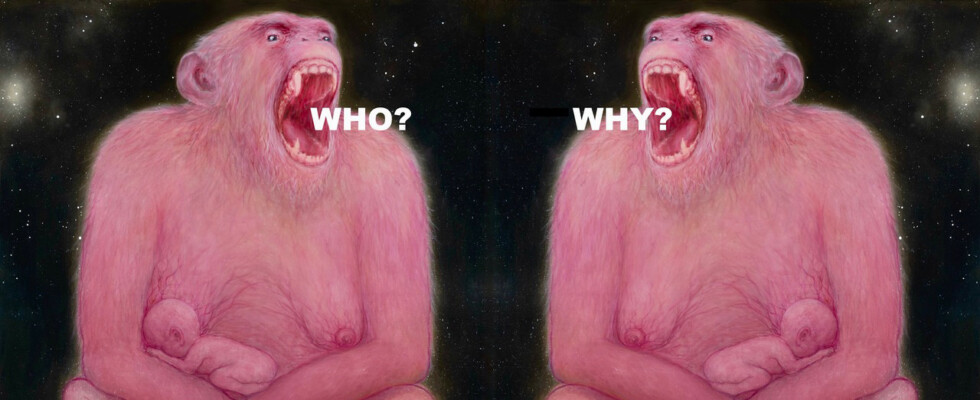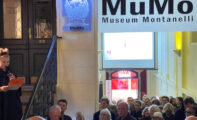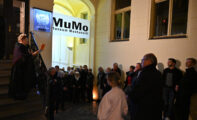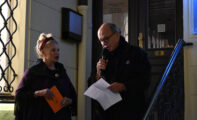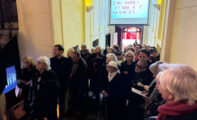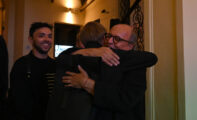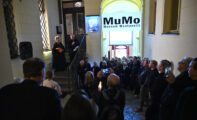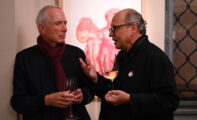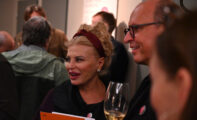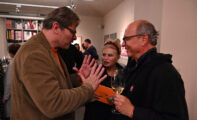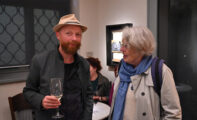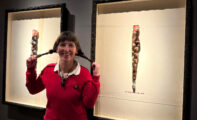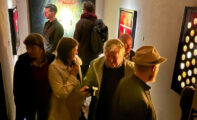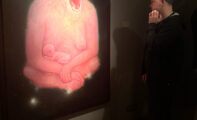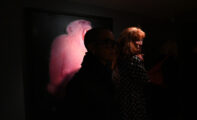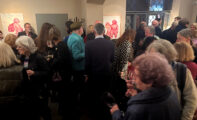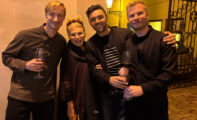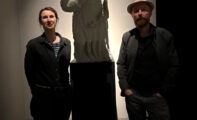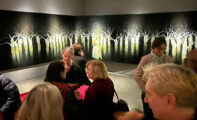In the last six years Daniel Pešta’s work has been shown at the Venice Biennale di Arte, both in collective projects and, in 2024, in his solo exhibition “Something is wrong” at the Tana Art Space.
Now, for the first time, works from that show will be presented in the Czech Republic.
As always, Pešta’s work is multimedia, ranging from paintings and watercolours to objects, installations, videos and assemblages, and is characterised by an existential urgency typical of the artist. His central themes are psychological and philosophical as well as political. As technology and informatics give us ever more powerful tools, concern for the future of humanity takes on increasing importance in the artist’s work.
We are at a tipping-point, trapped in a depression of indecisiveness. It is for us to choose what the world of the future will look like, and whether or not we forfeit our own humanity.
Despite all the progress we have made, democratic systems are collapsing. Extremism is on the rise.
We do not study history so that we are doomed to repeat it, but because we may be able to learn from it how to free ourselves from ever-repeating stereotypes. We are all influenced by the times we are born in, and tend to see certain things as given and immutable. We often forget that history is not determined only by politics, economics and technology, but also by our attitudes and convictions and, crucially, our civic engagement.
The dreadful past of our ancestors is coming back to haunt us, and the thought that their suffering could be repeated in our lifetime oppresses us and makes us hope for a different future. While presidents, CEOs and generals tackle day-to-day crises, the rest of us raise our eyes in hope to a new horizon.
Philosophers, psychologists, researchers and historians are trying to draw attention to the stigma of the past. Meanwhile, humanity – individuals and societies alike – gropes its way through epidemics, wars, famines and luxury in passive expectation, caught between hope and despair.
From all the sides we hear and we know that human life is sacred, unique and of inestimable value. Yet we are happy to sit and watch live coverage of gross human rights abuses, while at the same time shaking our heads in mute horror at the cruelty of our species and asking:
WHO rules our world? And WHY?
Does the “cult of humankind” take precedence over the instincts of our distant ancestors?
Curator: Dadja Altenburg Kohl
